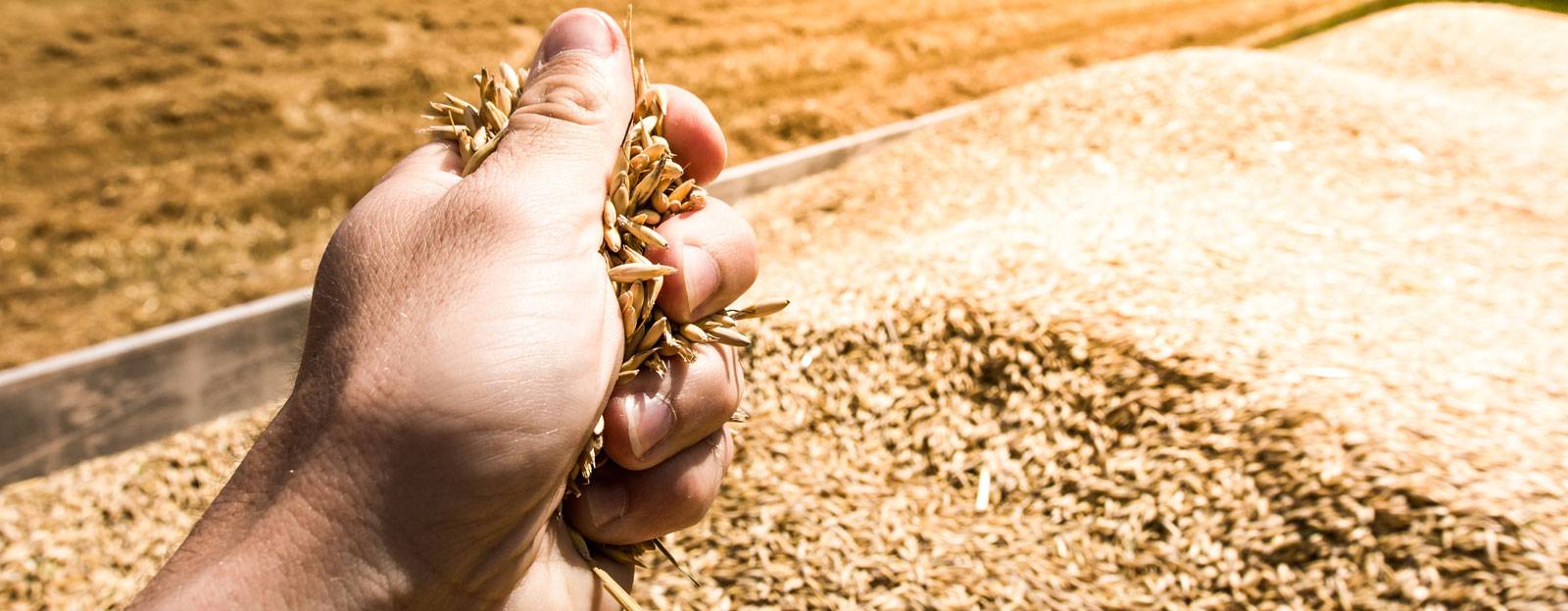
Despite an explosion at a Dow Chemical plant in Louisiana, industry experts at Rabo AgriFinance believe that agricultural input availability will not be affected. However, the incident has drawn comparisons to the supply shockwaves experienced in 2021 when Hurricane Ida severely impacted Bayer’s largest glyphosate plant, causing supply constraints. This, coupled with COVID-19 restrictions in China, hampered glyphosate production, increasing prices.
According to Sam Taylor, Farm Inputs Analyst for Rabo AgriFinance, the recent incident at the Dow Chemical plant is not expected to disrupt the ag input supply chain. However, the hurricane and ongoing production limitations in China have continued to impact the industry.
Glyphosate prices are significantly declining due to excess supply rather than weak demand. The critical factor behind this oversupply is the resurgence of Chinese production, which accounts for approximately two-thirds of global glyphosate production.
As Chinese manufacturers ramped production, global benchmark pricing has dropped by around 25%, from $16-17 per gallon in 2022 to less than $4 per gallon in China.
Looking ahead, Taylor suggests that the supply surplus and consequent low glyphosate prices will persist throughout 2023. The excess inventory accumulated by input suppliers and global production dynamics will likely continue to impact wholesale and retail prices.

